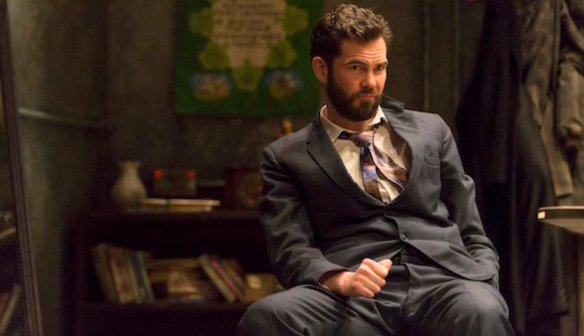
There’s a throwaway line in Hilton Als’s review of a revival of the Martin McDonagh play “The Beauty Queen of Lenane” (1997), now closed, at the Brooklyn Academy of Music:
Monologues are difficult to deliver in today’s theatre; most audiences prefer action to reflection.
Als is referring to McDonagh’s play “The Pillowman” (2003). But his words could easily apply to “The Beauty Queen of Lenane,” because there’s also an important monologue in “Lenane.” It’s given by the main male character, Pato, who at the end of Act 1 professes a repressed, previously unspoken love for Maureen aka the Beauty Queen of Lenane. The monologue is in the form of Pato reading a letter he wrote and sent to Maureen who is still in Ireland; Pato is in London, where he’s gone to seek work.
I saw a performance of the BAM revivial. I can tell you the audience there didn’t know how to react to Pato’s monologue. From what I sensed, it wasn’t so much that they preferred action, which I think they probably did, but what they really wanted was to be entertained. They had little patience for what Pato was saying, slowly and alone on stage, even though what he was reciting was not only important to the play itself but the language was profoundly beautiful and beautifully delivered by actor Marty Rea.
Monologues are a challenge for writers and actors, but also for audiences. I agree with Als: today’s patrons aren’t up to it. The BAM audience at the performance I attended certainly was not. Overall they laughed in the wrong places, for the wrong reasons. They seemed to want fireworks, special effects, situation comedy.
“Lenane” was first performed twenty years ago. Als bemoans the fact that the talented McDonagh has moved on from playwrighting, to work instead on screenplays and to direct in Hollywood. Yet it’s easy to understand McDonagh’s decision: audiences everywhere have changed, irrevocably.
. . . . . .



You must be logged in to post a comment.